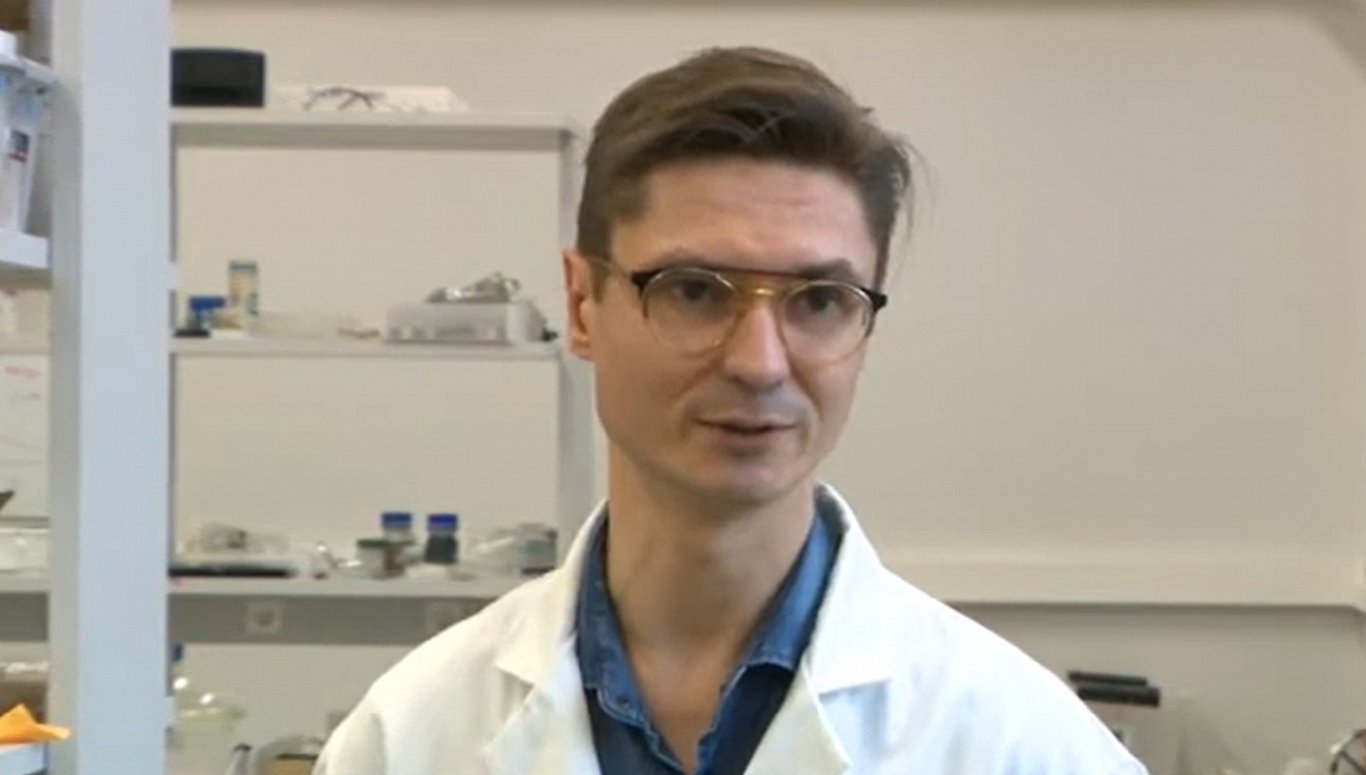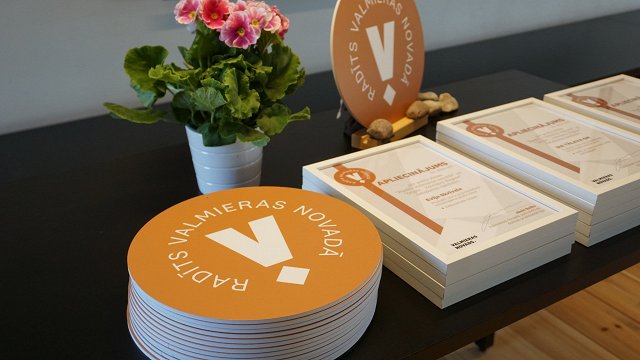Over the recent years, Andris Šutka has focused on studies related to water purification with active iron and calcium compounds. The COVID-19 pandemic has led him to understand that this combination could also be used as antibacterial coating for door handles or, for example, table surfaces. It would be cheap, and the covering need only be changed once a year.
“As part of the COVID-19 project, we have the task of obtaining these materials in the form of coating. If it succeeds, it will help limit COVID-19's spread. It wasn't expected to be such an active compound when we studied it for wastewater treatment purposes. Its activity is high and,
if we manage to incorporate it into the surfaces, then we will have obvious advantages over all the existing materials that have been used until now,” Šutka said.
The principle of how active iron and calcium compounds work, and the way it can handle bacteria, is relatively simple. “Its particles are very small and with sharp edges. Like plates. The coating, when it comes to contact with micro-organisms, destroys their outer layer, and consequently the micro-organism cannot live anymore,” explained the RTU researcher.
Oxidizing substances are also released during the process, which further erodes the bacterial membrane.
Currently, Andris Šutka is studying whether this active connection can be incorporated, for example, into a tape that could then be placed on a handle or table. The aim is to make such tape changes only once a year, because the active compound would work all the time and be able to deal with the virus and bacteria.
“Then the surface would have been treated with this coating, i.e. sealed with a tape on the surface in which the antimicrobial compound was incorporated, and then used in this way. Then nothing should be form on surfaces, they should not even be disinfected. We're trying to develop coatings so they can be washed, they're durable,” Šutka said.
The studies are scheduled to be completed by the end of this year. If everything works, this will be cheap, easy to use and environmentally friendly antibacterial material.
RTU is also developing a disinfectant robot in the fight against COVID-19.































